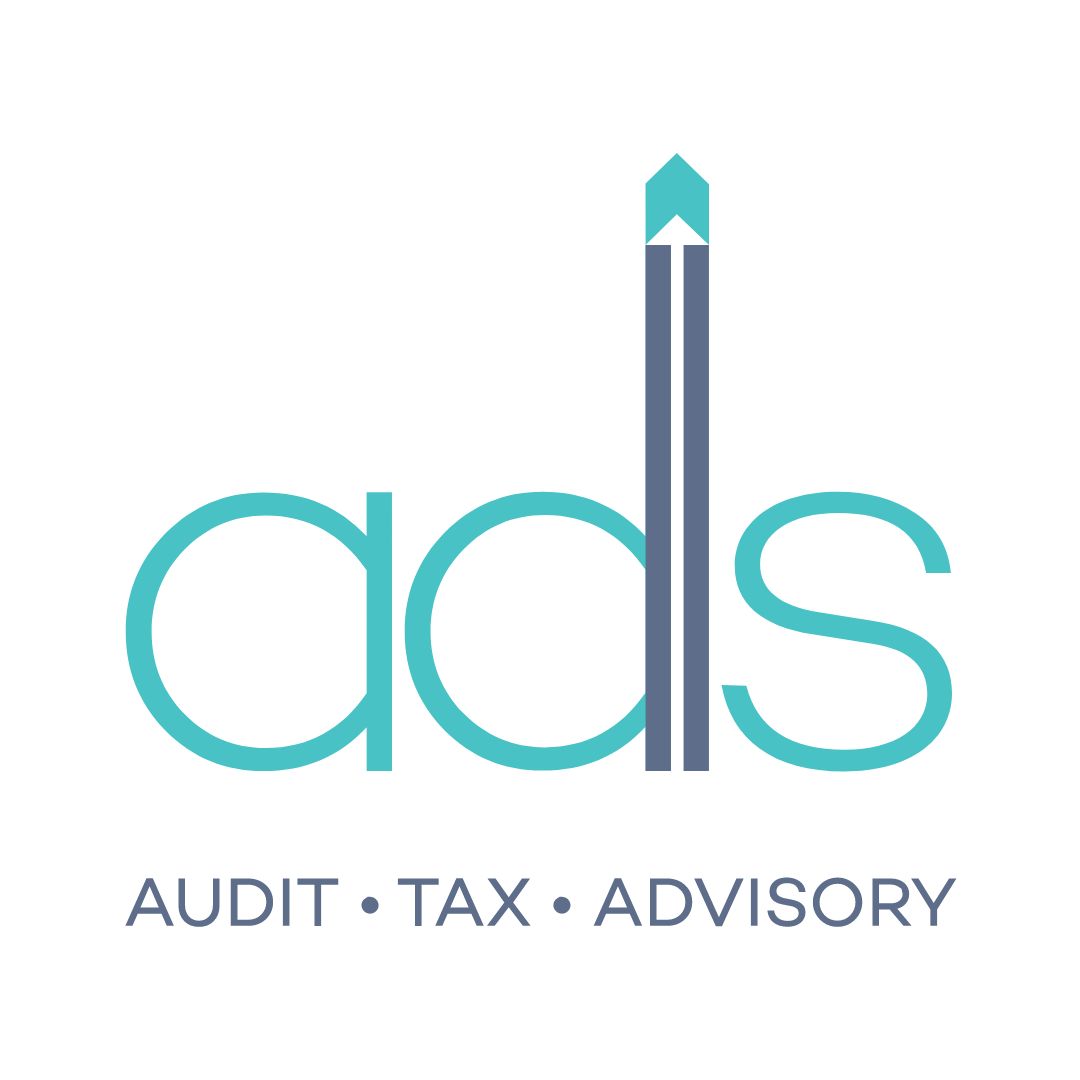Freelancing in the UAE is more popular than ever. With the flexibility of work hours, the autonomy to select your projects, and the possibility of working anywhere it’s no surprise that so many professionals are opting to go independent. But there is one thing freelancers tend to neglect and that is taxes. Going independent does not mean you can ignore taxes.
Although the UAE is a tax-free nation, there are still tax regulations and obligations freelancers must adhere to particularly since the implementation of corporate tax and VAT (Value Added Tax). Don’t worry, we are here to guide you through it in a simple, easy-to-understand manner.
Do Freelancers in the UAE Pay Taxes?
Here’s the good news, there’s no personal income tax in the UAE. So, you don’t have to pay tax on the money you earn as an individual.
However, that doesn’t mean you’re completely off the hook. Here’s what you do need to pay attention to:
- Corporate Tax (Effective from June 2023)
- Value Added Tax (VAT)
- Freelance License Requirements

1. Corporate Tax for Freelancers
The UAE charges a 9% corporate tax if the turnovers made by businesses crosses over AED 375,000 a year. So, if your freelance earnings (after deducting costs) are higher than this, corporate tax might be triggered even if you are a sole trader.
But there is something you should know, only freelancers who have a commercial license or are running as an incorporated business are covered by this. If you’re just doing it informally without a license, that’s prohibited and you’re not compliant to begin with.
What should you do?
- Obtain a freelance permit or sole establishment license from a free zone or mainland government entity.
- Maintain detailed records of income and expenses.
- Monitor your yearly turnover and if it goes over AED 1 million, get a tax consultant.
2. VAT for Freelancers
VAT in the UAE is 5%. If your taxable turnover (i.e., the revenue you earn for your services) is more than AED 375,000 annually, you are required to register for VAT.
Even if you earn above AED 187,500 but less than AED 375,000, you can register voluntarily.
After registering:
- You have to charge 5% VAT on bills.
- Submit VAT returns quarterly.
- Maintain financial records for a minimum of 5 years.
3. Freelance Licenses Are a Must
Wherever you live in the UAE you need a valid freelance license to operate legally. This can come from:
- Dubai Economic Department (DED).
- Free zone authorities, such as:
- Dubai Multi Commodities Centre (DMCC).
- Ras Al Khaimah Economic Zone (RAKEZ).
- Umm Al Quwain Free Zone (UAQFTZ).
- Other authorities like the Abu Dhabi Registration Authority (ADRA)
How to Stay Compliant?
- Monitor income and expenses: Accounting software or a basic spreadsheet will do.
- Save backup copies of invoices and receipts, these support VAT and company tax returns.
- Watch out for deadlines: VAT returns are typically quarterly, and company tax return is annually.
- Think about employing a tax advisor if your income is increasing rapidly or you’re not confident in the rules.
Conclusion
Freelancing in the UAE offers you flexibility and freedom but that means being responsible to pay tax and abide by licensing regulations. Being compliant isn’t just for fear of getting fined; it also helps your reputation as a professional and not stand up to scrutiny.
So, if you’re freelancing in the UAE, take a few minutes to get your tax act together. It’s simpler than it seems and it’ll save you a whole lot of stress down the line.

